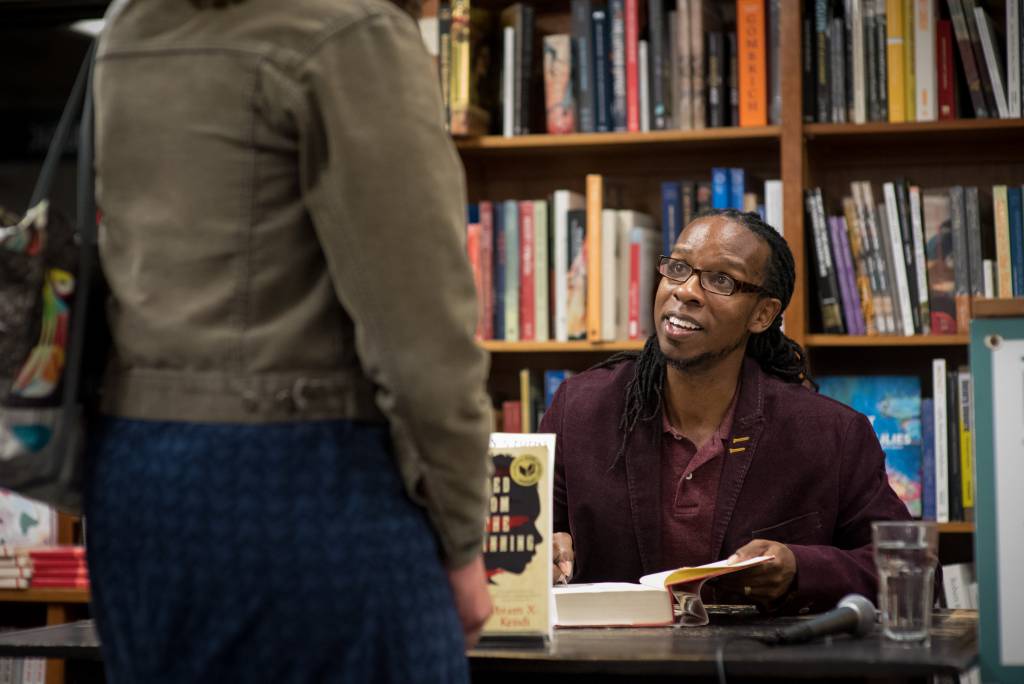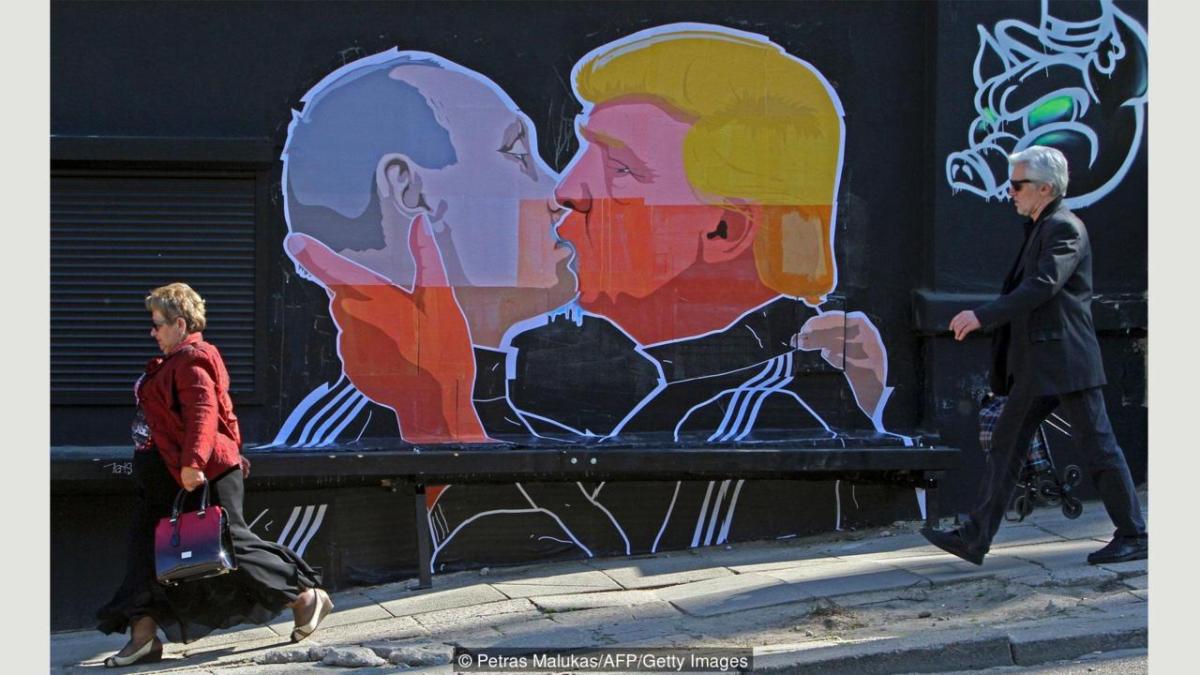This is a discussion about what I feel are the two most important arguments against/ problems with veganism, and why we should work to overcome them. I felt impulsed to write this for two reasons. The first is that 98% of anti-vegan arguments that vegans hear every day are patently silly, irrelevant, incorrect, or easily overcome. The second is that these two problems with veganism are important, yet seldom discussed (for various reasons that I won’t speculate here).
Before we get started, it’s very important that we clear up the word “veganism”. I like the Vegan Society’s definition: “A philosophy and way of living which seeks to exclude—as far as is possible and practicable—all forms of exploitation of, and cruelty to, animals for food, clothing or any other purpose”. So, veganism is about avoiding the exploitation of and harm to (non-human) animals. What veganism is *not* is the solution to all of the world’s problems– nor any of them actually, with the exception of society’s unjust exploitation of animals. Furthermore, veganism /= ethics, nor is something ethical just because it is vegan. For this reason there is absolutely no contradiction between veganism and any unjust practices that go into producing vegan products, whether they be avocados, quinoa, faux leather, almonds, soy, etc. These products may not necessarily be very ethical, but they are vegan.
Now I’m going to make a bibliography of common anti-vegan arguments, and their satisfactory retorts that demonstrate their irrelevancy.
First, check the reddit.com/r/vegan wiki that covers arguments like “Vegan diets are too expensive” “Vegans cannot get enough protein” “B-12” “Nutrients” “Soy is bad for you/estrogen in soy” “Vegans cannot eat sweets” “getting bored of food”.
This post covers some more arguments like: “Humans have always eaten meat”, “Vegans aren’t healthy”, “But humans have canine teeth”, “If we stopped eating animals they would overpopulate the planet”, “Plants feel pain”, “Animals eat other animals”, “Cows need to be milked”, “You can never be 100% vegan”, “Vegan food is tasteless”, “Going vegan will make people unemployed”.
Here is a list of another 44 anti-vegan arguments refuted.
If reading’s not your thing check out this TED talk by Earthling Ed. It’s well worth the time!
If you have any more arguments against veganism that aren’t covered here then please do message me or leave a comment below! Now, on to the two interesting arguments against veganism and why we should work against them.
Now, on to the arguments…
The first argument I want to discuss is about cultural identity (CI). When I speak of CI I am not talking about the prevailing culture of a people. In many cases the prevailing culture is patently problematic and should be disassembled and abandoned (think: rape culture, pedophilia culture, animal product consumption, and cultures of white/male supremacy). What I mean when I say CI is how a person’s identity is tied up in any such cultural construct. I know from many first and second hand experiences that challenging who you (think you) are can be a difficult, or even traumatic, experience. Making the switch to a vegan lifestyle forces you to reject a lot of heritage, tradition, cultural knowledge and pride, as well as leaves a void where those things used to be. It can take months or years to fill those spaces and create new cultural concepts. This takes personal work, and that work can be uncomfortable.
The second argument I want to discuss is that of social/societal discomfort (SSD). SSD comes into play when you do something that goes against what society and the prevailing culture think is right/normal. It happens to men when they cry in public, to women who over the years have broken dress code and professional barriers, among others, and to people like Colin Kaepernick, for example, who do what they know needs to be done, no matter how unpopular it may be. Society has ways of punishing non-conformers, so someone who not only eats differently, but also lives in a way that others assume to imply a moral high-ground may/will suffer for it. The punishment will be dealt by their friends, family, co-workers, and/or society at large.
Both of the aforementioned situations can potentially have a significant cost to the person living the vegan lifestyle. Principal among them is mental health. Deconstructing and rebuilding a large part of your cultural identity is energetically taxing and stressful. For example, men who struggle to un-learn the culture of toxic masculinity often experience something similar: “if I’m not the dominant one who controls, then who am I? What is my role in a relationship and how do I fill it?” etc. However, it’s important that men take on this challenge in spite of the difficulty it may cause them. Similarly, SSD has mental health and other costs. Constant arguing with family and loved ones over what to eat, as well as the ethics of animal exploitation, is burdensome. Feeling the odd one out, or even being targeted for it by others can lead to insecurities and feelings of isolation, among others. In sum, a vegan lifestyle can indirectly cause social and mental health problems for the person who chooses to live it because of the way that the people around them react to it.
So why do it then? I’m going to write a longer answer to this and post it soon, but in the mean time I will present a few short arguments.
- The suffering of the animals is far greater than the suffering you may experience. The least you can do is give it a try and see how you manage before writing it off as “too difficult”. Your efforts will be worth while because every day you choose not to harm animals you massively reduce the negative acceleration of your “impact”, especially considering that eating animal products is easily in the top two individual things that most people do each day that has “impact” (along with driving cars).
- There is a deeper reason for going vegan and will be the main subject of my next post, but it involves the idea that we must stop normalizing actions of oppression if we ever want to be free. The fundamental idea here is that freedom, sensu Paulo Freire, is a requisite for the change that our society needs to overcome the current global crisis(es), and that we will never learn to live free if we continue to ignore our intuitive morality in deference to culture. After all, if you know something is bad, but you use culture to justify doing it, then what you are doing is disregarding something fundamentally human (morality), and replacing it with an external programming (culture). I call this form of de-humanizing oppression being a “culture robot”. Humans, in their fullest and freest condition will save the world. Culture robots will not and cannot.
- The last reason also involves freedom, but from another perspective. If you feel unable to do something that you think/know should be done due to some outside force, that force matches the textbook definition of an oppressive force. The cultural and societal effects discussed above are examples of such forces and often put us in oppressive situations. On an individual level, to quote Paulo Freire, “to be free is to be human”, so in all instances our own humanity depends on us a) identifying things in our environment we’d like to change, b) having the ability to change them, and c) taking action to make the change. After all, this a-c is the definition of freedom.
Thanks for taking the time to read this! Let me know what you think about any of it! I think this is a very important discussion, so I’m happy to spend some time having it! After all, I know that I don’t have all of the answers, and my knowledge and perspective are only improved by my conversations with you.






